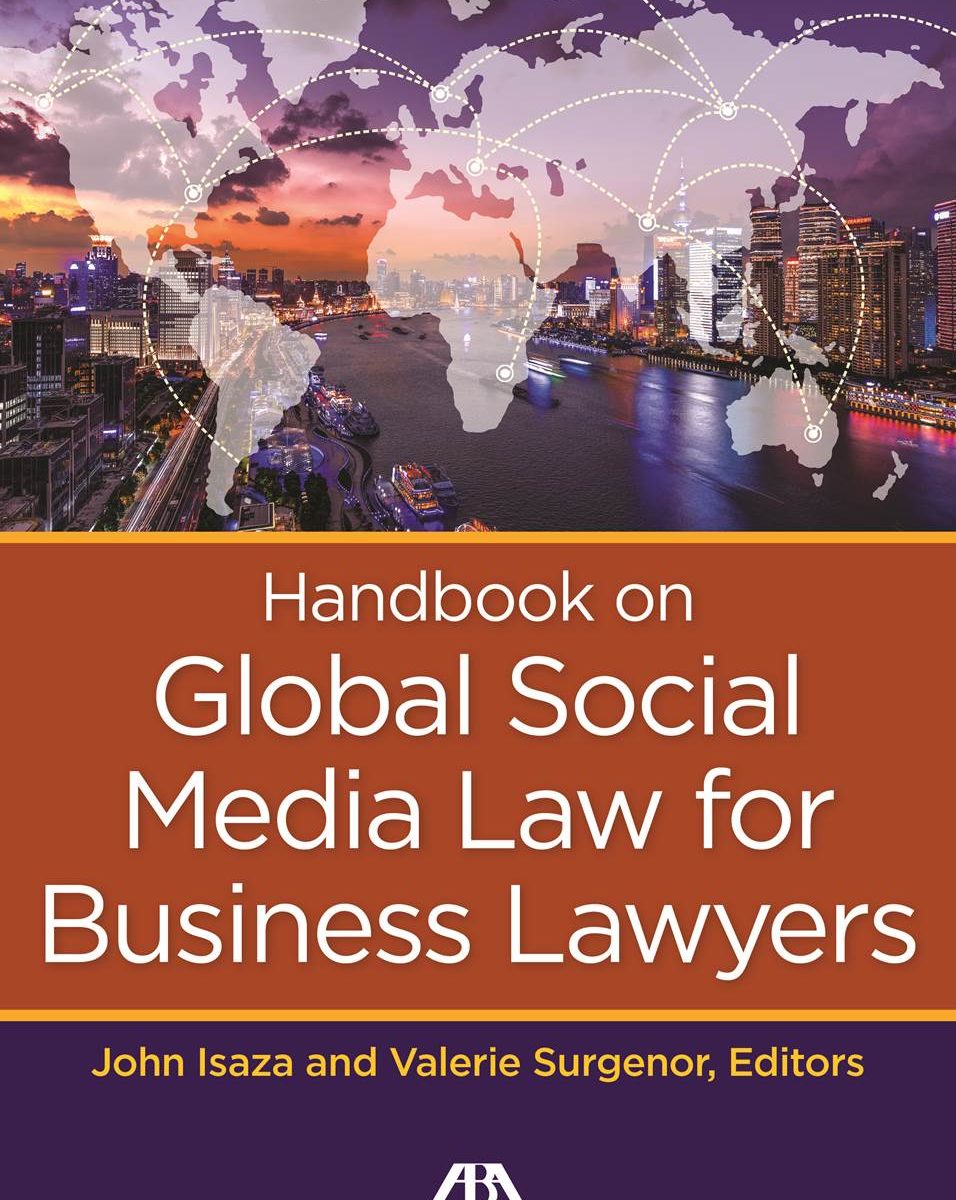NEWS RELEASE
Today, the United States Department of Labor issued a press release announcing an emergency temporary standard to protect workers from coronavirus.
These requirements are intended to implement the COVID-19 vaccine directive announced by President Biden and will apply to employers with 100 or more employees.
The standards will require companies subject to the rules to ensure that:
- Each vaccinated employee provides proof (type and date) of vaccination status (e.g., immunization record from a health care provider or pharmacy; CDC Covid-19 vaccination card; immunization records from a governmental authority; or other official documentation);
- Employees who are not vaccinated must produce a negative COVID-19 test at least weekly and wear a mask (face covering) in the workplace;
- An employee who is vaccinated but unable to provide documentary proof, must provide the employer with a written, signed and dated statement attesting to the fact they were successfully and properly vaccinated; and
- Employees are given paid time off in order to obtain a Covid-19 vaccination and, if necessary, sick leave to recover from any side effects.
There are also separate rules requiring every staff member in health facilities that receive Medicare and Medicaid reimbursements to be vaccinated and health workers and federal contractors have until January 4, 2022 to obtain either their second dose of the Pfizer/BioNTech or Modernavaccine or a single dose of the Johnson & Johnson vaccine.
The new rules do not require employers to provide or pay for tests, unless a collective bargaining agreement that applies to the employer requires them to do so.
The standards were published in the US Federal Register this morning and you can read a copy or download the regulations in PDF form here: COVID-19 Vaccination and Testing; Emergency Temporary Standard.
As always, if you have questions or want more information about this or any other Legal Bytes posting, don’t hesitate to contact me, Joe Rosenbaum, or any of the Rimon lawyers with whom you regularly work.









